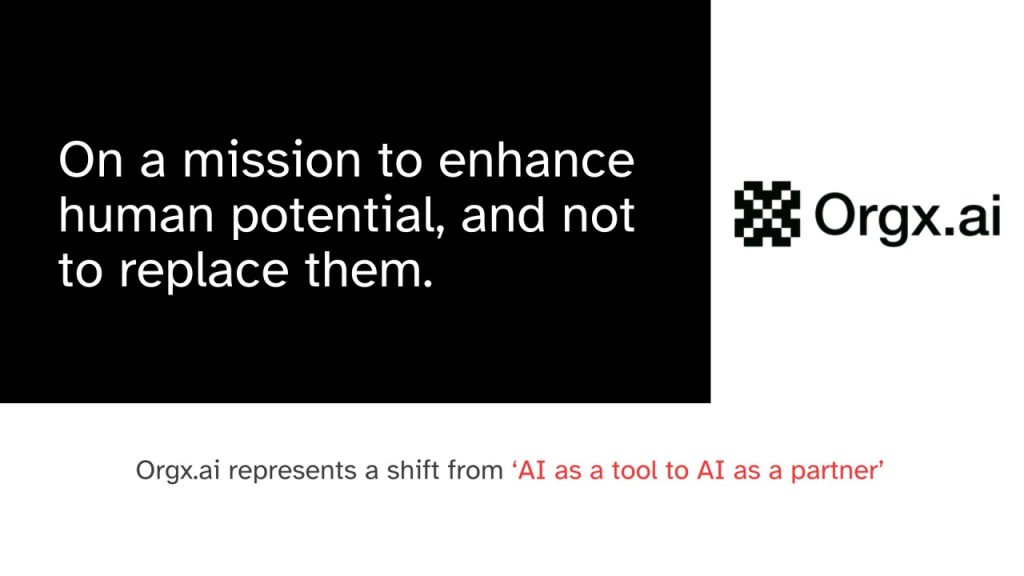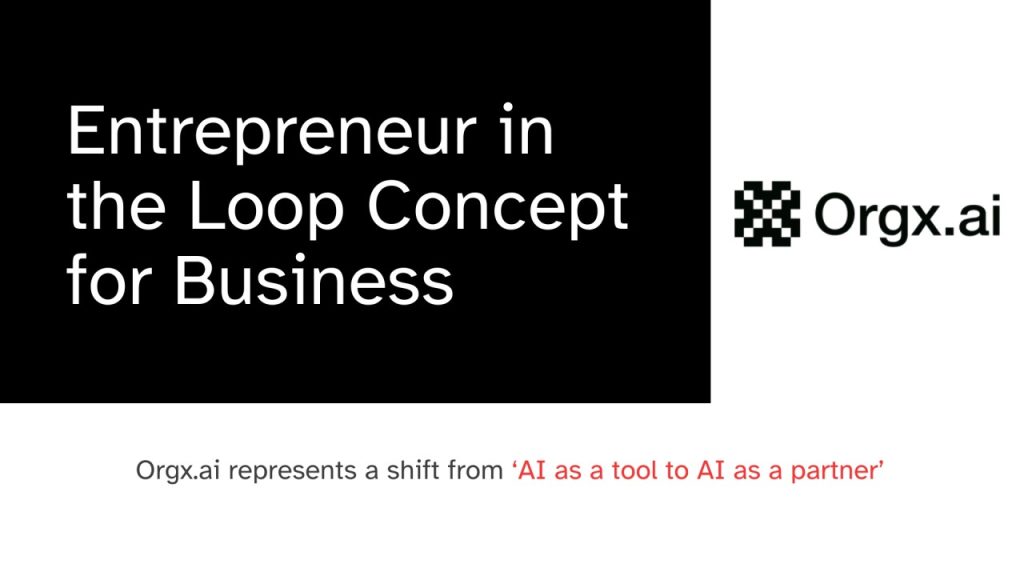The world population is moving to cities, fast and for the long term. It is estimated that by 2050 over 60% of the population will be living in the cities. As people increasingly migrate to cities for a better opportunity, there is a need for intelligent smart city solutions to create sustainable, efficient and beneficial environments, which will raise people’s quality of life. City planners have been working to improve these metrics for as long as there have been cities. However, many existing urban infrastructures are outdated or simply can’t keep up with the ever-growing population and their needs. The government needs to use technological advancement to facilitate people’s day-to-day living more comfortable and secure. This has given rise to the concept of smart cities implanted with technologically advanced smart city solutions.
So what are Smart cities, exactly?
There’s no universally accepted definition for a smart city. Its conceptualization various from city to city and country to country. But their goals remain the same –
⊕ Creating an infrastructure that reduces congestion, pollution, and other city woes.
⊕ Providing citizen-friendly governance with an array of online services.
⊕ Meeting energy, computing and other resource requirements of the city.
Smart Cities relies on technological advanced smart city solutions to enhance its existing infrastructure to better support and optimize urban services, to reduce resource consumption and contain costs. And implementing AI technologies can make smart cities even smarter. It can significantly improve the lives of the citizens and businesses that inhabit a smart city.
But how AI-driven smart city solutions make smart cities even smarter?
The advantage of implementing AI-driven smart city solutions in smart cities is that it has the ability to learn about citizen-city interaction. Algorithms used in AI are improving every day. AI can learn about the population’s behavior and also how people use their cities. It can uncover information that was unknown before and empowers the city council to preempt its population’s needs and serve them better. Let’s see how.
Cities generate lots of data, such as ticket sales on mass transit, local tax information, police reports, sensors on roads and local weather stations. These data need to be collected and analyzed to create useful insights that can improve a city. However, this is far more raw data than could ever be viewed, processed, or analyzed by humans. This is where AI comes in. AI can process large volumes of data from various sources to derive valuable insights that help to improve the city’s operational efficiency and cut down costs in the process.
In any given city, a large amount of existing public infrastructure is underutilized, overused, or used inefficiently due to a lack of real-time information among citizens and local government. AI-driven smart city solutions can collect data from various sources and helps to utilize city infrastructure efficiently.
By combining Artificial intelligence and sensor-driven analytics, smart cities can resolve myriad challenges, from crime to congestion.
⊕ AI can improve the citizen-centric program.
⊕ It can take contribution from the citizens.
⊕ AI can work towards enhancing existing resources efficiently.
AI can enhance in the below fields:
- Smart Traffic Management
- Smart Governance
- Smart Waste Management
- Improving Public Safety
- Water and power management

